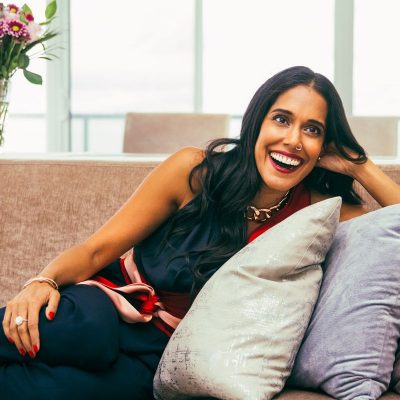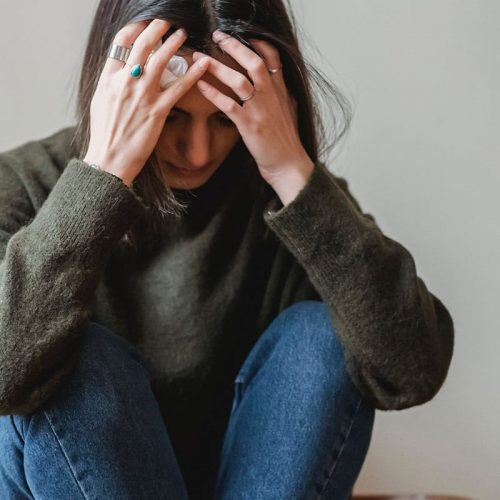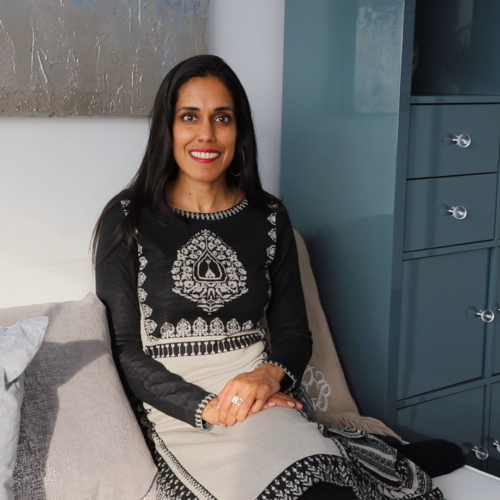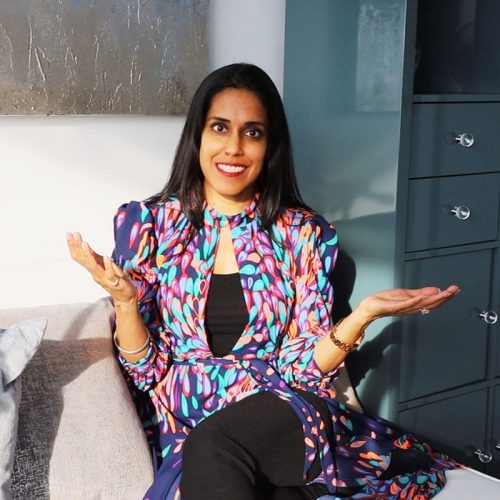I’ve had countless women reach out to me to share their stories since the launch of my book, The Authenticity Principle. Many of these women are Indian or South Asian and feel deeply connected to the stories I share about my life and my journey learning to live authentically. A constant theme in these messages and conversations is, “How can I live more as my authentic self when I’m facing such ridiculously high expectations from my parents?”
In a nutshell, my response is this: as Indian women, if we want to be happy and fulfilled, we must stop living for our parents and start living for ourselves.
This is a tough topic, and an uncomfortable one for many of us, parents and daughters alike. But I’m going to go there. So many women, just like me, are suffering and not living their best because they are striving to meet their parents’ expectations — expectations that don’t accord with what they actually want for themselves.
If you’re one of these women, know this: there is a better life out there for you, and you deserve to live it.
Why It’s Tough to Talk About
This topic is not often addressed out in the open. South Asian cultures are group-focused and have a high commitment to “saving face.” We’re taught to care deeply about what other people think of us, and as a result, we tend to focus only on sharing the good and keep the bad hidden away. If I had a dollar for every time my parents said, “What will society think?!” I’d be rich!
This attitude can make it very difficult for us to talk about the realities of being an Indian woman and daughter — experiences with oppressive parenting, violence, abuse, mental health issues, addiction, and more. We talk a lot about the good stuff (and we should!), but when it comes to the tough stuff, we just don’t.
Another reason we may not speak truth to power about what it’s like being an Indian daughter is because of the biases we know are already coming our way from people outside our culture. We’re (rightly) afraid to talk about our experiences for fear of affirming biases that are both rooted in and byproducts of systems of white supremacy, power, and privilege — such as the bias that we’re an oppressed, marginalized group of women in a highly misogynist, backwards, and uncivilized community.
Fear of affirming these biases has made it hard for me to come forward too. But there are aspects of our culture that are oppressive — for all of us, but especially for women, and we must name them before we can overcome them. And we can do this while also applying a critically conscious lens about the impact of white supremacy and colonization on how it is that our parents learned to parent (and how their parents learned to parent, and how their parents learned to parent, and so on. i.e. The cycle of how intergenerational oppression is passed along).
Why We Live for Our Parents
Many of us are committed to fulfilling our parents’ expectations because as children, we received conditional forms of love. When we did what our parents wanted us to do, we were celebrated and received their acceptance. But when we didn’t listen to them and didn’t do what they wanted, we were reprimanded and criticized, and love was taken away. Often, these patterns continue into adulthood — and it feels awful.
Receiving conditional love from our parents, even when we know they care for us and love us deeply, can lead to a lot of woundedness, hurt, and pain about who we are, and because of this, many of us in adulthood are not living our best, most authentic lives. Instead, we’re struggling against ourselves to meet the expectations of others, hoping we will receive love and acceptance as a result.
Indian daughters feel our parents’ expectations in countless areas: the kind of work we do, who we befriend, how we speak, what we wear, who we love, who we marry, when we marry, where we live, how we parent, and more. The problem is that when we give our time and energy to meeting expectations that don’t match how we actually want to live, we give our power away. We take time and energy away from doing our own self-work. Away from discovering, embracing, and loving who we are. Away from creating the lives we really want. Away from cultivating self-love.
Most importantly, when we don’t cultivate self-love, and instead are stuck in a place of woundedness and in a life we don’t connect to, it prevents us from attracting the best love into our lives.
Learning to Live for Ourselves
So how can we break out of these entrenched patterns of seeking conditional love and reclaim our power? The greatest gift you can give yourself as an adult in this situation is unconditional self-love. This means accepting who you are and living it out as much as possible.
I struggled throughout my life with what to do with my parents’ expectations of me. It wasn’t until my thirties that I began my own journey towards unconditional self-acceptance and self-love. Now, at 42, I can finally say that I live the way I want to live. Even though it’s been hard for them, I have drawn boundaries with my parents because I wanted to live better and be happier. And I finally am.
If you’re at the beginning of this journey, start by asking yourself how you want to be living, and what your authentic self looks like. Where do you want to live? Who do you want to be friends with? How do you want to dress? Who do you want to love? When you figure out the answers to these questions, you can then work to cultivate your authenticity in bringing this to be. And you can finally take your power back.
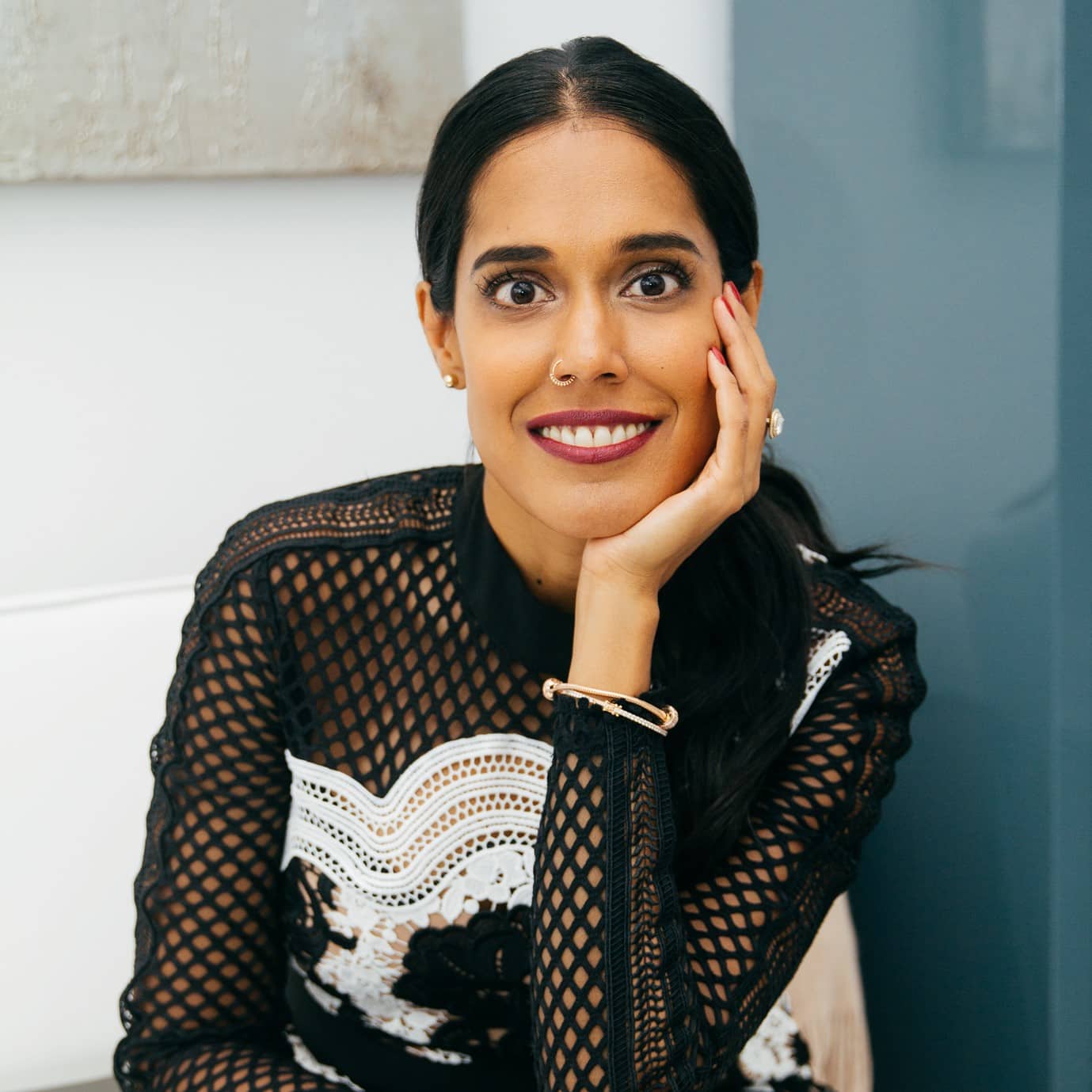
I'm Ritu.
I’m an award-winning life coach, empowerment speaker, author, and inclusion expert dedicated to helping you live your best life.
Top Posts
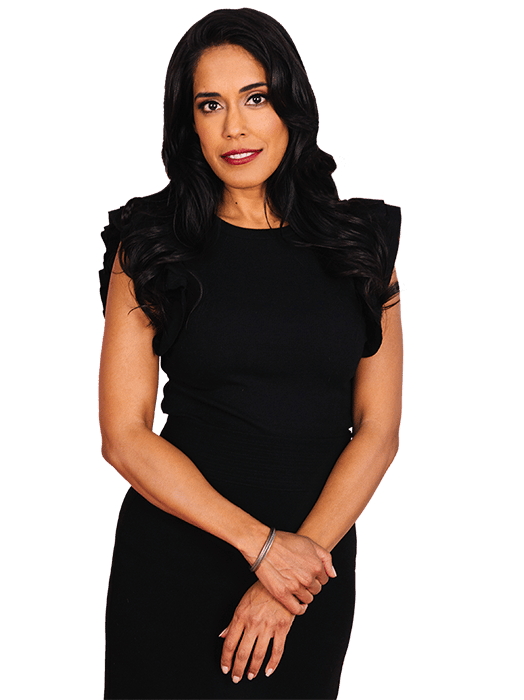
Dig deep into your journey to belong.
Be the first to learn about my authenticity and empowerment goodies and get them straight to your inbox.

